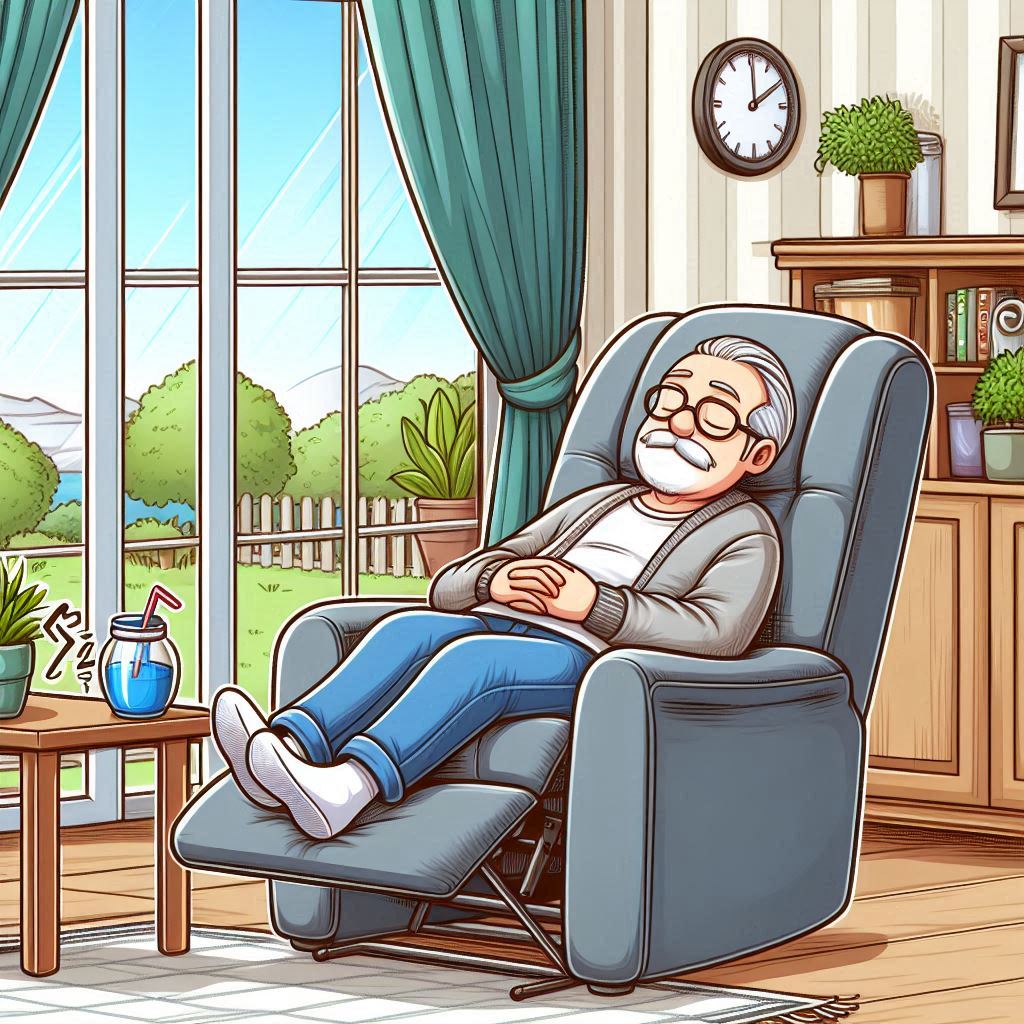
As we age, our sleep needs and patterns can change, affecting both physical and mental health. Ensuring good quality sleep is essential for seniors’ overall health, cognitive function, emotional well-being, staying energized, supporting their immune systems, and maintaining mental sharpness. Generally, seniors should aim for 7 to 8 hours of sleep per night.
How Lack of Sleep Affects the Body
Sleep deprivation can have immediate and cumulative effects on the body:
- Reduced Immune Function: Less sleep weakens the immune system, making you more susceptible to infections and illnesses. It also makes it harder to fight infections and leads to an increased risk of chronic diseases like diabetes, heart disease, stroke, and obesity.
- Mental Health Issues: Poor sleep can worsen symptoms of anxiety and depression.
- Memory and Cognitive Decline: Chronic lack of sleep impairs memory and can increase the risk of conditions like dementia.
- Increased Fall Risk: Fatigue impacts balance and coordination, raising the chance of falls.
Health Conditions Caused by Lack of Sleep
Lack of sleep in seniors can contribute to various health conditions, such as:
- Heart Disease: Sleep deprivation strains the heart and raises blood pressure, contributing to cardiovascular issues.
- Diabetes: Poor sleep affects glucose metabolism, increasing the risk of diabetes.
- Weight Gain: Insufficient sleep can disrupt appetite-regulating hormones, causing overeating and weight gain.
- Chronic Pain: Existing pain conditions can feel more intense with sleep loss, creating a cycle of pain and sleep disturbance.
Lifestyle Changes for Better Sleep
- Regular Exercise: Physical activity, especially earlier in the day, promotes better sleep quality.
- Maintain a Sleep Schedule: Going to bed and waking up at the same time helps regulate the body’s internal clock.
- Create a Relaxing Bedtime Routine: Engage in calming activities before bed, such as reading a book, taking a warm bath, or practicing relaxation techniques like meditation or deep breathing.
- Optimize Your Sleep Environment: Keep the bedroom cool, quiet, and dark.
- Limit Screen Time: The blue light emitted by electronic devices can interfere with sleep. Avoid using screens for at least an hour before bed.
- Watch Your Diet and Hydration: Avoid heavy meals, caffeine, and alcohol close to bedtime. Stay hydrated but limit fluid intake in the evening.
- Manage Stress: Practice stress-reduction techniques like meditation, yoga, or spending time in nature.
Sleep Aids and Their Drawbacks
Over-the-counter or prescription sleep medications can offer temporary relief but come with risks:
- Side Effects: Common side effects include dizziness, daytime drowsiness, and memory issues.
- Dependence: Long-term use may lead to dependency, tolerance, or worsened insomnia.
- Interaction with Other Medications: Some sleep aids can interfere with medications commonly prescribed to seniors, posing health risks.
It’s important to use any sleep aid cautiously and under medical supervision. Long-term use of sleep medications can lead to side effects, dependence, and reduced effectiveness.
Non-Medication Sleep Aids
- Melatonin Supplements: For short-term use, melatonin can help adjust sleep cycles. Always check with your medical team before starting/taking any supplements.
- Relaxation Techniques: Mindfulness, breathing exercises, and progressive muscle relaxation can ease the body into sleep.
- Limit Screen Time: Avoid screens at least an hour before bed to prevent interference with melatonin production.
Final Thoughts
For seniors, quality sleep is a cornerstone of good health and vitality. By incorporating lifestyle changes, being cautious with sleep aids (working with your medical team of doctors), and exploring natural sleep remedies, seniors can work toward restful nights and energized days. Prioritizing sleep isn’t just about avoiding risks—it’s a crucial step toward a longer, healthier life.
One more thing to note. There have been many studies done that suggest an afternoon nap of anywhere from 20 minutes to 90 minutes may boost cognitive function and help you get a better night’s sleep at night. That’s great news because I love my afternoon naps!!!..😊
Did you enjoy this post? Do you want to know when the next post comes out? Consider subscribing. I only send update emails once a week, usually on Friday. Try it out. You can unsubscribe at any time.
